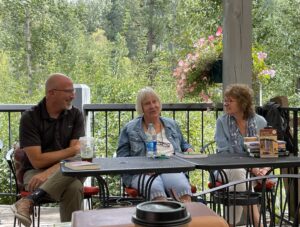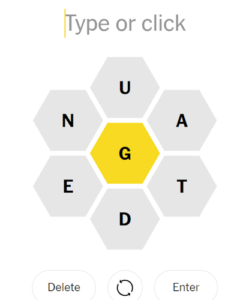Back in 1994, when I was putting the finishing touches on the manuscript that would become Nathan’s Run, I followed a self-imposed rule that as I read through the final draft, if I came to a substantive change–something other than a typo or minor grammatical thing–I would make the change and then go back to the beginning of the manuscript and read it again, up to and beyond the point of the substantive change. When it happened again, I’d repeat the process. I think it added up to something like 30 editing passes.
After my final pass, I fired up by brand new HP inkjet printer (agents wouldn’t look at dot matrix submissions), and I watched as the manuscript printed out at the blistering rate of six pages per minute. In the end, the book launched a fun career, though I’m not sure those last five or six passes had anything to do with it.
My agent at the time, Molly, told me a story that altered my view of the editing process. A neighbor had a friend who had written a book that the neighbor thought was fantastic. Would Molly give it a look? I imagine this happens a lot in the life of a literary agent. With more than a little hesitation, Molly agreed to give the manuscript a look.
When the neighbor delivered the goods, it came as a stack single-spaced type-written pages (typewritten, as in, clackety-clack, ding) on erasable bond paper. Remember how dirty your hands felt after handling erasable bond? When she was done, Molly was moved to tears, and she instantly took on that brand new author, whose name turned out to be Frank McCourt, and whose manuscript became a little runaway bestseller called Angela’s Ashes.
The guy had broken every rule, yet somehow his talent won the day.
Welcome to the capricious world of the entertainment business. Happenstance and serendipity play huge roles, but such is the case in every professional endeavor. Many a career is launched by an introduction at a party or a business conference. The business world calls it networking. But the seed that makes the serendipity function is the underlying talent of the individual, and that individual’s willingness to work hard to improve.
A number of the regulars here at The Killzone have expressed their frustration with the editing loop. They can never get their chapter to check off all the boxes in the rule books that purport to know more than perhaps they do. This is why I profess that there are no rules to this game of writing fiction.
Of course first impressions matter, and as such, you want every manuscript to be as clean as possible, but if the story is there, it’s there in spite of a misplaced comma. If the characters are compelling, their personalities will transcend the prologue that may or may not survive through publication.
The Forbidden City of traditional publishing, as Brother Bell calls it, is not forbidden at all. Its gates stand wide open for new and experienced talent, and as I have demonstrated several dozen times now, it is not necessary to thoroughly understand how commas work, or the difference between that and which. All that is necessary is good story that is well told.
Plus a willingness to seek opportunities to spark the serendipitous event that can make it all happen. You’ve got the talent and the skill for writing, right? You’re happy with your recently completed manuscript? It’s time to network!

 I recently had a reader comment, “I noticed most of your characters are tea drinkers. Is that because you are?”
I recently had a reader comment, “I noticed most of your characters are tea drinkers. Is that because you are?” One of the more ubiquitous quotes about writing out there, almost always attributed to Hemingway, is: “There is nothing to writing. All you do is sit down at a typewriter and bleed.”
One of the more ubiquitous quotes about writing out there, almost always attributed to Hemingway, is: “There is nothing to writing. All you do is sit down at a typewriter and bleed.”
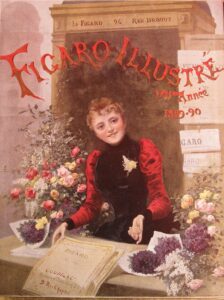


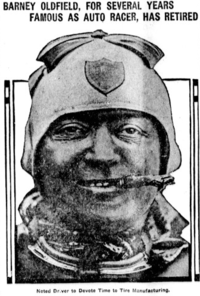

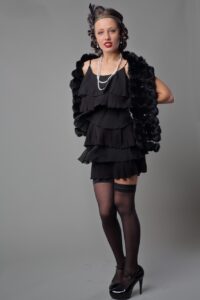


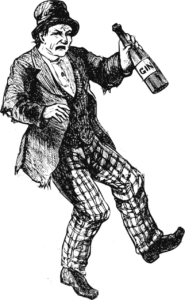




 I have no idea where Grandma got that phrase. I’m pretty sure she never listened to the southern rock band, Gov’t Mule. Or heard legendary wrestling commentator Jim Ross say someone was “being beat like a government mule.”
I have no idea where Grandma got that phrase. I’m pretty sure she never listened to the southern rock band, Gov’t Mule. Or heard legendary wrestling commentator Jim Ross say someone was “being beat like a government mule.”





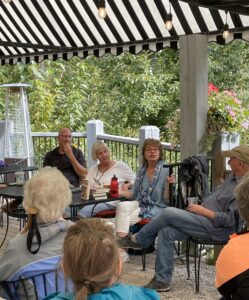 In the past, we had talked from the stage and needed sound equipment. Now we sat at chairs and tables in an area small enough that people could hear us without mics.
In the past, we had talked from the stage and needed sound equipment. Now we sat at chairs and tables in an area small enough that people could hear us without mics.